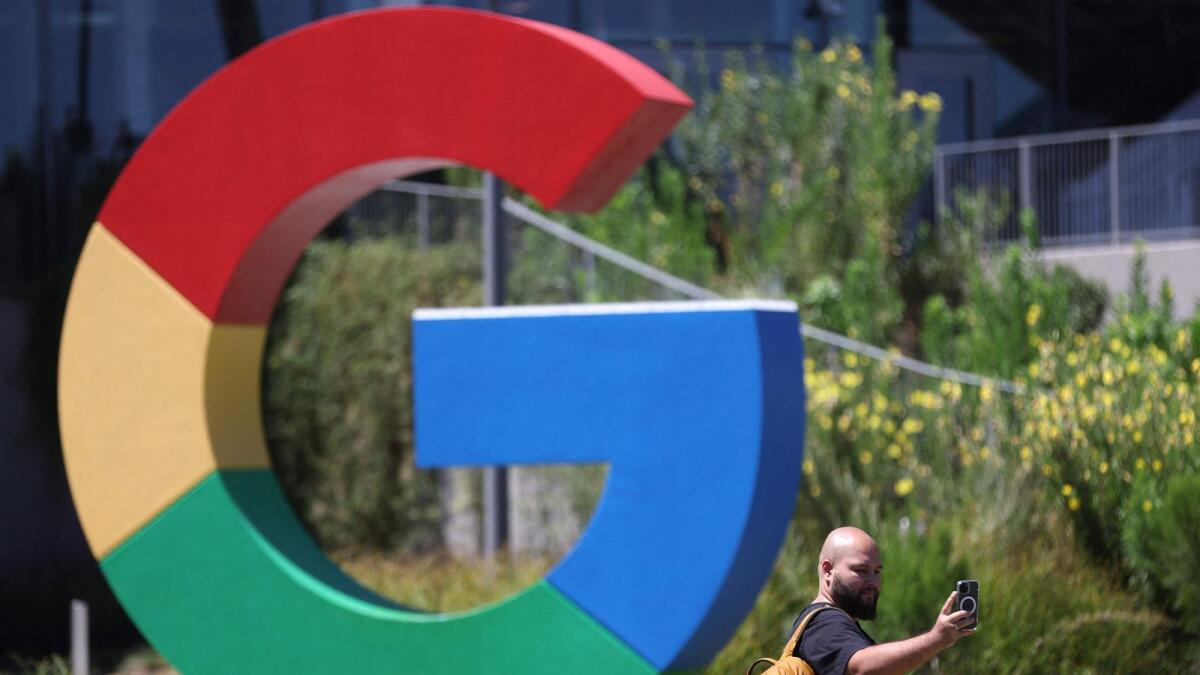Former US President and Republican presidential nominee, Donald Trump, recently made headlines by accusing Google of only displaying “bad stories” about him while showing only positive articles about his Democratic rival, Vice President Kamala Harris. Trump went on to threaten to have the tech giant prosecuted if he gets back in the White House. The accusations were made on his Truth Social platform, but no evidence was provided to back up his claims. Trump faces Harris in the November 5 presidential elections and claims that the Justice Department should act against Google for interference in the elections.
Trump’s post came after a conservative group reported on their findings when searching for “Donald Trump presidential race 2024.” Google responded to the accusations by stating that both campaign websites consistently appear at the top of searches for relevant and common queries. The company maintained that search results are not manipulated to favour any political candidate and do not disclose the inner workings of the software behind its search engine. While there are factors known to influence search results, such as timeliness and popularity of topics, Google denies any bias in its algorithms.
Donald Trump is currently involved in numerous criminal and civil cases, facing accusations ranging from sexual abuse to interfering with the 2020 election and trying to thwart the peaceful transition of power after President Joe Biden’s victory. Despite his legal troubles, Trump remains a polarizing figure in American politics. His accusations against Google reflect a broader concern over the influence of tech giants in shaping public opinion and perceptions of political figures. In the run-up to the presidential elections, these allegations add fuel to the ongoing debate about misinformation and algorithmic bias online.
The relationship between big tech companies like Google and political figures like Donald Trump has always been contentious. Accusations of bias and censorship have been leveled against these platforms by politicians on both sides of the aisle. With the rise of social media and online news consumption, the power of these companies to control the flow of information and influence public opinion has grown significantly. Trump’s threat to prosecute Google if he wins the elections underscores the growing skepticism towards tech giants and their impact on democratic processes.
As the 2024 presidential elections draw near, the role of tech companies in shaping political discourse and opinion will continue to be a hotly debated topic. The issue of algorithmic bias, censorship, and misinformation has become central to discussions about the future of democracy in the digital age. Trump’s accusations against Google may be seen as a symptom of broader concerns about corporate power and its influence on democracy. Whether or not Trump’s claims hold merit, they highlight the need for transparency and accountability from tech companies in their role as gatekeepers of information and public discourse.
In conclusion, Donald Trump’s recent accusations against Google for bias in search results reflect broader concerns about the influence of tech giants on political discourse and democratic processes. As the 2024 presidential elections approach, the role of social media and online platforms in shaping public opinion will be closely scrutinized. Regardless of the outcome of Trump’s accusations, the debate over algorithmic bias, misinformation, and censorship will remain at the forefront of discussions about the future of democracy in the digital age. Transparency and accountability from tech companies will be crucial in addressing these concerns and upholding the principles of a free and fair democratic process.










